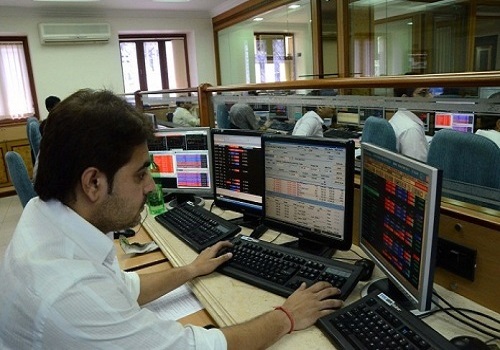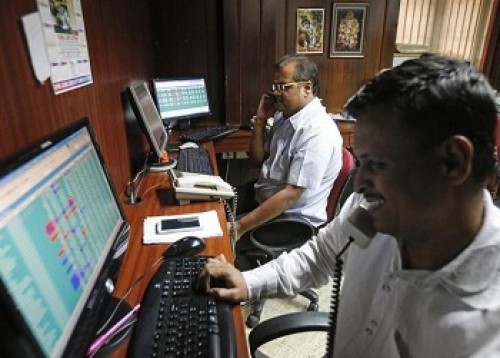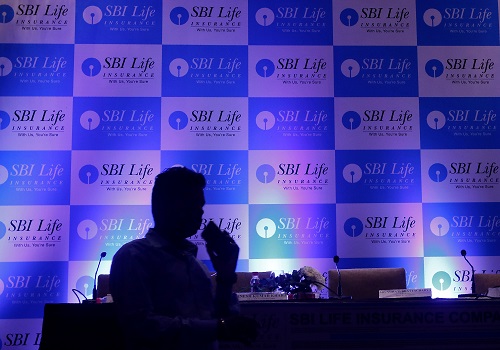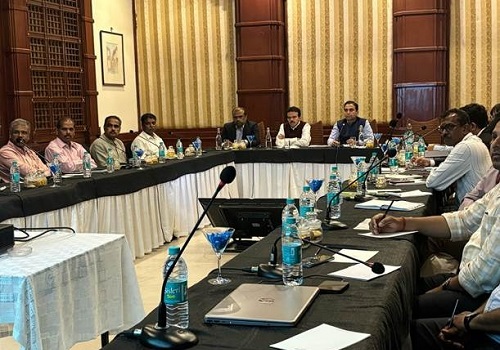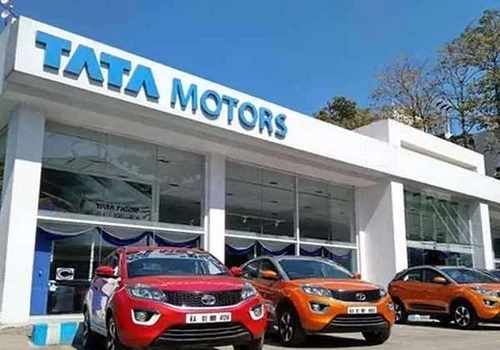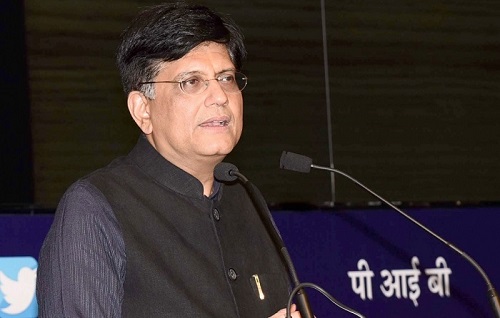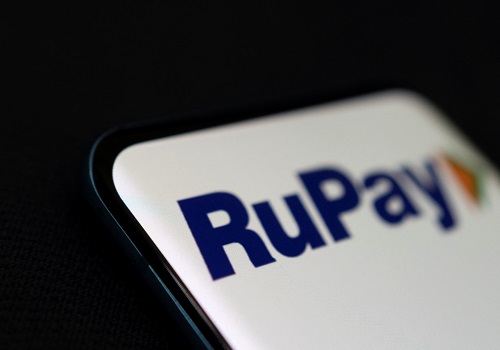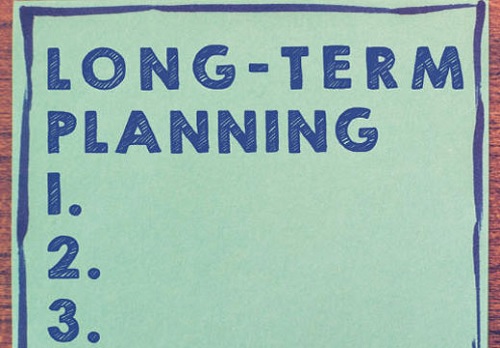Why you need a contingency fund and what is the best way to save for it

Follow us Now on Telegram ! Get daily 10 - 12 important updates on Business, Finance and Investment. Join our Telegram Channel
https://t.me/InvestmentGuruIndiacom
Download Telegram App before Joining the Channel
Anish had everything going well in his life. He had a good job, a home and he invested regularly. But one day, he got a call from his brother, who said he needed Rs 2 lakh immediately. Anish had no idea where he would get Rs 2 lakh from because his savings account did not have so much money and the rest of his money was invested in medium- and long-term investments. In short, while being prudent and smart with his investments, he had not factored one crucial component: the contingency fund.
Sounds familiar? Our lives are so fast-paced and unpredictable that no matter how much you plan, there will always be something that will catch you off-guard. Now take the case of Anish. In his situation, it would be wrong to disrupt his investments. It would also not make sense to take a personal loan since technically, he doesn’t need it. Yet, it might be his only option given the circumstances. A contingency fund is not ‘technically’ an investment, it is, as the name suggests, for emergencies yet need to be parked in a way to ensure that they do not lose out to inflation.
But first, how much of contingency is enough? People who would rather be safe than sorry might go for a very high amount, but as a general rule, three months’ salary should be enough for contingency purposes. However, this figure assumes that any emergency arising out of medical needs will be taken care of by the health insurance cover, critical illness cover or even a life insurance cover in case of emergency. Three months’ contingency fund will ensure that if you need money in a crunch, you do not have immediately from a bank or if at all, the amount is as low as possible. However, not everyone has three months’ salary lying around.
So, it is best to build this first when you start earning and then invest in other instruments. If you are late to this process, then make sure you save as much as possible in the coming days to build up at least one months’ salary as contingency and add accordingly.
Many people would advocate for keeping contingency fund in a savings account. After all, it is the safest place to keep your money and nothing is as fast as an ATM. Money in savings accounts earns a measly 4% per annum. So, the best thing to do is to keep it as ‘slim’ as possible. It is also important to point out if you have a partner who is also working, the three months’ salary as contingent should be applied to whoever earns more.
The rest of the money can be parked in liquid debt funds, which are known to be relatively safe and earn returns as good as medium-term fixed deposits. These funds invest in short-term fixed-interest generating money-market instruments like treasury bills, commercial paper, etc and usually have a maturity period of 91 days or lesser. As their names suggest, they aim at providing a high degree of liquidity, while the fact that they invest in instruments like treasury bills adds the element of capital safety for the investor.
The other advantage of liquid funds is that their short tenure reduces the impact of interest rate changes on returns offered. If at the time of maturity, you feel like continuing with investments, you can also opt for an STP (systematic transfer plan) to an equity fund of your choice over a specified time period.
This is an ideal way to save money while keeping it available in the short term too. However, if this seems too complicated to you, start off by keeping at least two months’ salary in your savings account. When it comes to contingency, prioritize ease of availability over returns; yet do not err too much on the side of caution. A liquid fund, or even an ultra-short debt fund, will ensure that cash is never too far away and will earn inflation-beating returns in the process. But do not depend on contingency funds for medical purposes. The best way to avoid that is to have a comprehensive life insurance cover and health insurance policy along with a critical illness plan which all the necessary riders.
To know more about Term Insurance, browse the website for various Term Plans offered by PNB MetLife.
Disclaimer:
The aforesaid article presents the view or an independent writer who is an expert on financial and insurance matters. PNB MetLife India Insurance Co. Ltd. doesn’t influence or support views of the writer of the article in any way. The article is informative in nature and PNB MetLife and/ or the writer of the article shall not be responsible for any direct/ indirect loss or liability incurred by the reader for taking any decisions based on the contents and information given in article. Please consult your financial advisor/ insurance advisor/ before making any decision.
PNB MetLife India Insurance Company Limited, Registered office address: Unit No. 701, 702 & 703, 7th Floor, West Wing, Raheja Towers, 26/27 M G Road, Bangalore -560001, Karnataka.
IRDAI Registration Number 117. CI No: U66010KA2001PLC028883.
Please read this Sales brochure carefully before concluding any sale. This product brochure is only indicative of terms, conditions, warranties and exceptions contained in the insurance policy. Detailed terms and conditions are contained in the policy document
For more details on risk factors, terms and conditions, please read the sales brochure carefully before concluding any sale. Terms and Conditions Apply. "Goods and service Tax (GST) shall be levied as per the prevailing tax laws which are subject to change from time.
The marks “PNB” and “MetLife” are registered trademarks of Punjab National Bank and Metropolitan Life Insurance Company, respectively. PNB MetLife India Insurance Company Limited is a licensed user of these marks.
Call us Toll-free at 1-800-425-6969. Phone: 080-66006969, Website: www.pnbmetlife.com, Email: indiaservice@pnbmetlife.co.in or Write to us: 1st Floor, Techniplex -1, Techniplex Complex, Off Veer Savarkar Flyover, Goregaon (West), Mumbai – 400062, Maharashtra. Phone: +91-22-41790000, Fax: +91-22-41790203
EC077 LD/2019-20/054
BEWARE OF SPURIOUS/FRAUD PHONE CALLS!
• IRDAI is not involved in activities like selling policies, announcing bonus or investment of premiums. Public receiving such phone calls are requested to lodge a police complaint.
